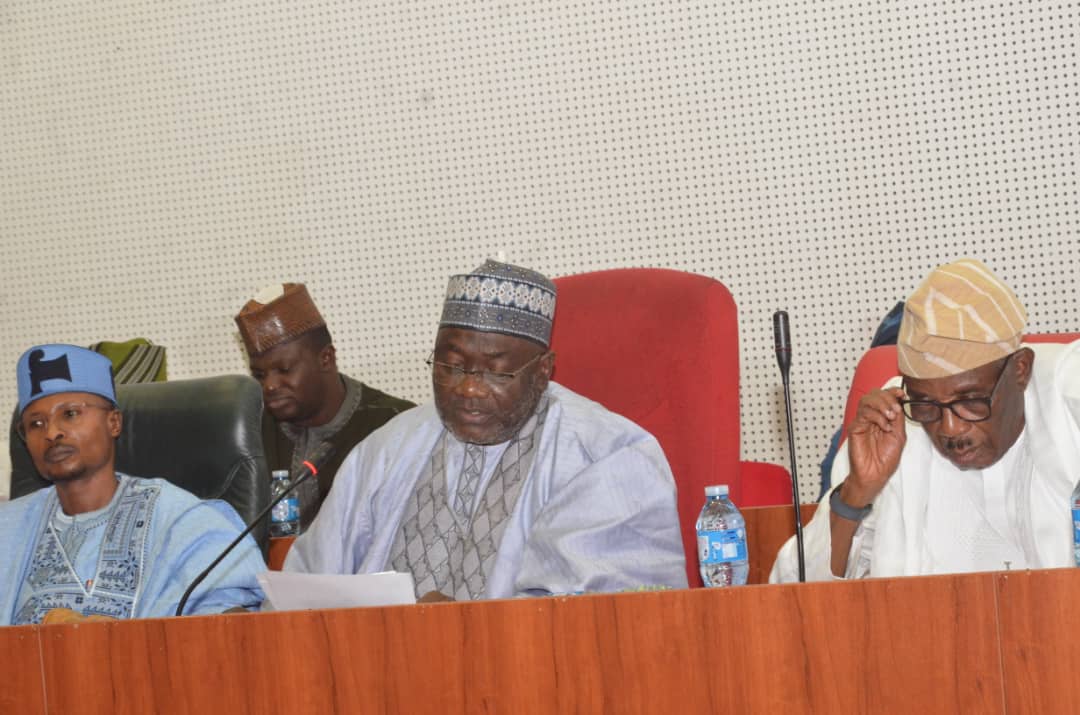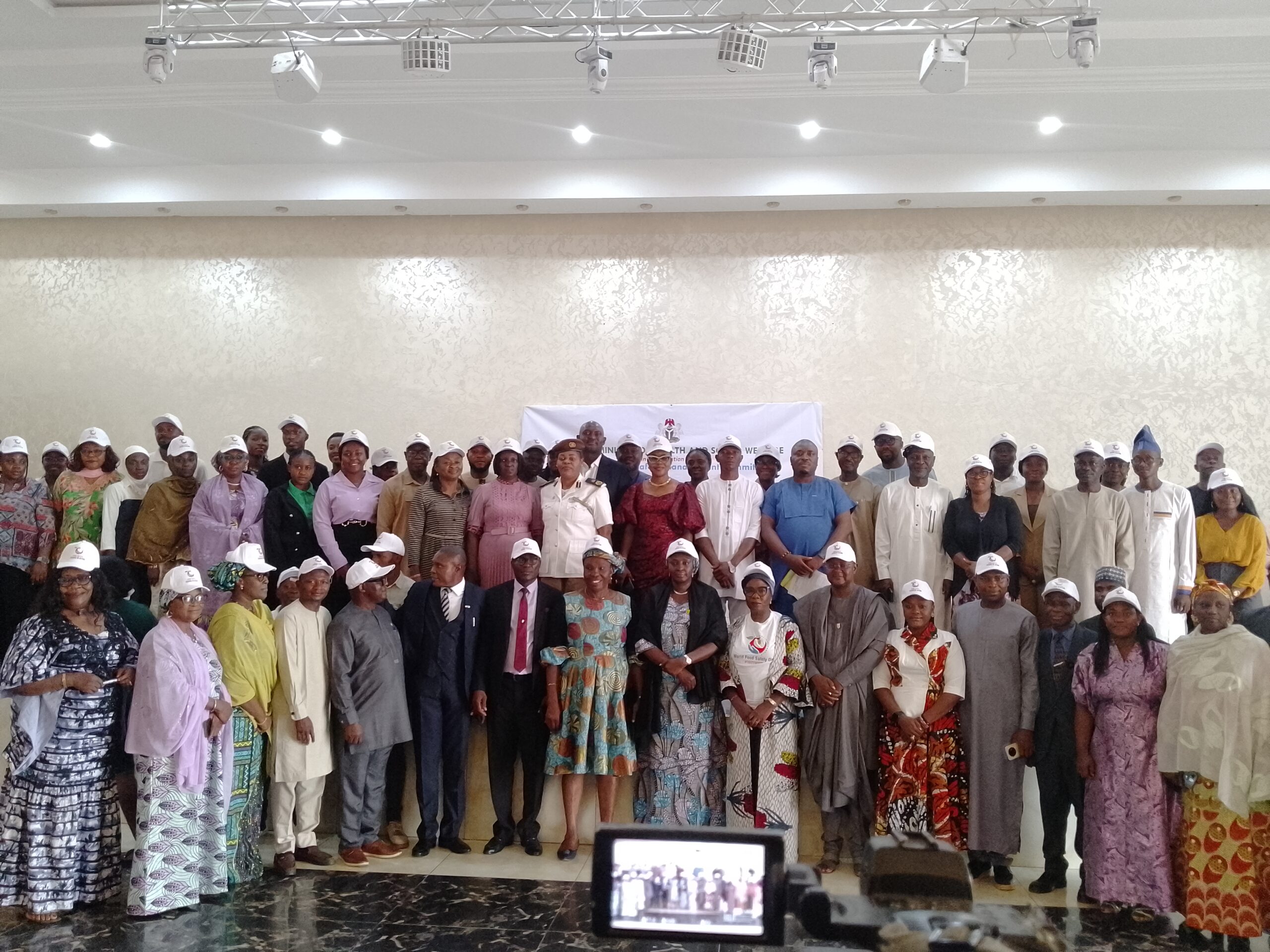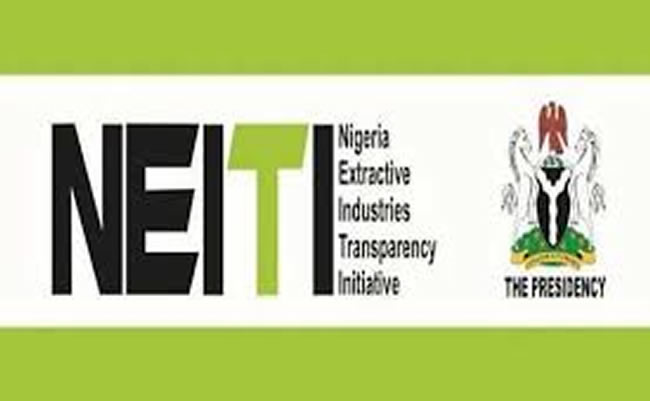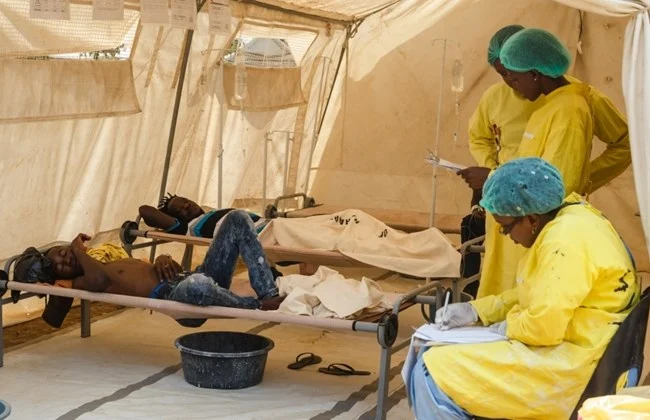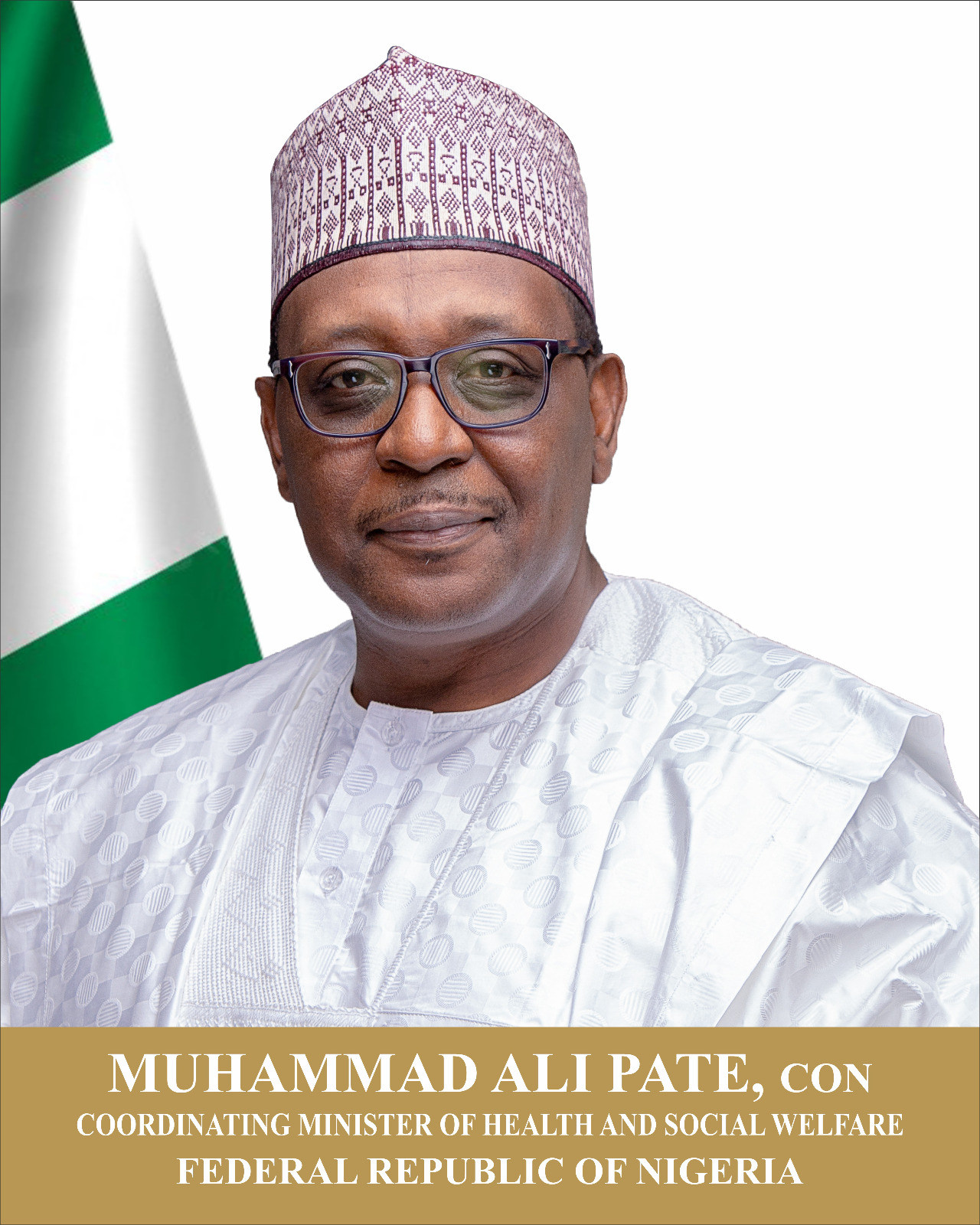
By Fatima Saka
The Federal Government of Nigeria is set to implement a policy to combat drug abuse nationwide, recognizing the widespread and intricate effects of psychoactive substances.
Highlighting the importance of parental vigilance and underscoring the collective responsibility of all individuals, including stakeholders, to prioritize the overall well-being of society.
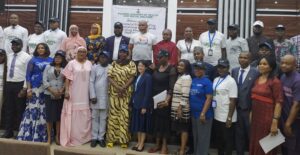
During the Ministerial Press briefing on the 2024 Commemoration of the International Day Against Drugs Abuse and Illicit Trafficking on Tuesday in Abuja, the Coordinating Minister of Health and Social Welfare, Professor Muhammad Ali Pate, emphasized the necessity for the ministry to address the severe impacts of drug abuse and illicit trafficking on individuals, families, and communities globally.
Prof. Pate, represented by Daju Kachollom mni, the Permanent Secretary of the Federal Ministry of Health and Social Welfare conveyed the ministry’s commitment to collaborate with various government ministries, agencies, development partners, and stakeholders engaged in combating the issue of psychoactive drug abuse.
He further stated that this collaborative effort aims to enhance cooperation, thereby eliminating fragmented approaches in the fight against drug abuse and illicit trafficking. “The global drug problem presents multifaceted challenges, from individuals grappling with substance use disorders to communities facing the repercussions of drug trafficking and organized crime.”
Emphasizing this year’s theme: “The evidence is clear: Invest in prevention,” the Coordinating Minister highlighted the importance of prioritizing drug use prevention and fostering enhanced cooperation among stakeholders to achieve a drug-free world.
Citing the 2018 National Survey on Drug Use and Health, which reported a prevalence rate of 14.4% in Nigeria, equivalent to 14.3 million individuals between the ages of 15 and 64 using drugs such as cannabis, amphetamines, tramadol, codeine, and cocaine, indicating that the issue of drug abuse has escalated to an epidemic level.
The survey data revealed that approximately 2.5 million drug-related deaths occur annually in Nigeria. Prof. Pate emphasized that the stark statistics presented in the study represent real individuals suffering from the consequences of drug abuse, highlighting the urgent need to create an environment where individuals are empowered to lead healthy and fulfilling lives.
Minister reiterated that the ministry is poised to intensify efforts in addressing the drug problem in Nigeria, guided by principles of science, compassion, and solidarity. Drug abuse poses a significant barrier to our children’s educational attainment, job security, financial stability, and overall safety from violence and crime.
He outlined the 2018 United Nations Report on Drug Use in Nigeria indicated that 40% of high-risk drug users lack access to necessary treatment, underscoring a substantial unmet need. As part of President Ahmed Bola Tinubu GCFR’s Renewed Hope initiative, the Ministry has initiated infrastructural upgrades in Federal Tertiary Hospitals and rehabilitation centers to enhance drug-related healthcare services nationwide.
Esteemed guests,
“I wish to extend my appreciation to the National Drug Law Enforcement Agency for its efforts in controlling psychoactive substances in Nigeria.
“The regulation of psychoactive substance use is a challenging endeavor, one that requires collective success.
In a holistic approach to combating drug use and illicit trafficking, the ministry plans to convene a ministerial conference to engage all stakeholders in rethinking prevention and control strategies for psychoactive substances in Nigeria.”
However, the initiatives by the Federal Ministry of Health and Social Welfare to prevent and control psychoactive substances in Nigeria include, but are not limited to:
– Enhancement and promotion of access to Schedule 1 Narcotic Medicines for medical and scientific purposes while preventing diversion to illicit use.
– Coordination of the National Technical Working Group on Access and Control of Controlled Medicines.
– Awareness campaigns on Drug Abuse and Prevention in collaboration with the Ministry of Education.
– Enhancement of quality of life for People Who Use/Inject Drugs (PWUD/PWID) through the Needle and Syringe Program (NSP).
– Training of officers on the UNODC’s Drug Prevention, Treatment, and Care (DPTC) sensitization curriculum.
– Provision of treatment and rehabilitation services for Drug Dependence through Medication Assisted Treatment (MAT).
In his address, Brig. Gen. Mohamed Buba Marwa, Chairman/Chief Executive Officer of the National Drug Law Enforcement Agency (NDLEA), emphasized that drug trafficking and abuse in Nigeria are complex issues influenced by deep-rooted social and economic factors. Factors such as poverty, unemployment, and limited educational opportunities contribute to the susceptibility of individuals to drug trafficking and abuse.
He noted that the region’s porous borders and proximity to major drug trafficking routes make it a vulnerable transit point for illicit substances.
“Recognizing the importance of prevention, the international community has designated June 26th as the International Day Against Drug Abuse and Illicit Trafficking, underscoring the imperative need to invest in prevention programs addressing the root causes of drug trafficking and abuse. Investments in education, job creation, and community development initiatives empower individuals and communities to resist the allure of drugs.”
In his goodwill message, WR_Dr Walter Kazadi Mulombo, Country Representative of the World Health Organization (WHO), commended the Government of Nigeria for its participation in global efforts to strengthen the health sector’s response to address the needs of drug users, the strategies such as harm reduction services, national policy development, and coordination platforms at various levels are crucial in combating drug abuse.
WHO highlighted that approximately 270 million people (or about 5.5% of the global population aged 15-64) used psychoactive drugs in the previous year, with an estimated 35 million individuals affected by drug use disorders or drug dependence.
In her remarks, Pharm (Mrs) Olubunmi Aribeana, Director of the Food and Drug Services Department at the Federal Ministry of Health and Social Welfare, urged the National Council of the United Nations to mandate the involvement of all stakeholders, including policymakers, communities, and stakeholders, in adopting an evidence-based approach to prevent drug abuse, raise awareness about its adverse effects, and support global efforts to combat illicit drug trafficking.
Others relevance stakeholders are: NAFDAC, PCN, UNODC, IHVN, SFH, ISSUP, AHAPN, and YOUTHRISE.

